Unit for Global Justice Research Projects
Read about past and present projects based in the Unit for Global Justice.
Primary page content
Global Frameworks and Institutions
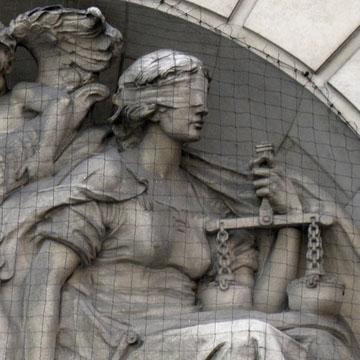
Gender of Justice and TRANSFORM
Researcher: Dr Kirsten Campbell
The five year ‘Gender of Justice’ project studied the ‘gender’ of international justice for conflict-related sexual violence by undertaking a unique mixed-method case study of prosecutions before the International Criminal Tribunal for the former Yugoslavia and the War Crimes Chamber of the Court of Bosnia and Herzegovina.
The project examined (1) conflict-related sexual violence as a gendered harm (2) how “gender” shapes international criminal justice?, and (3) models of “gender justice”. The research project developed a new ‘gender justice’ methodology for analysing patterns of conflict-related sexual violence, and the formal and informal justice practices used to address these crimes.
The TRANSFORM project developed this methodology as the Gender Justice Policy Framework, which provides an integrated package of guiding principles and tools for building better justice strategies. Both projects were funded by the European Research Council.
Image credit: "Justice, 50 Fleet Street, London" by mira66 is licensed under CC BY 2.0
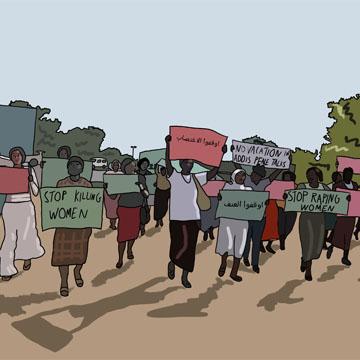
Civil Solidarity in the Horn of Africa
Researcher: Dr Rachel Ibreck
This collaborative writing project between Rachel Ibreck, Amira Ahmed, Mbalenhle Matandela, Nanjala Nyabola, and Njoki Wamai explores regional policy innovations, grassroots self-organising and revolutionary civil resistance in a digital age in the Horn of Africa.
It argues for feminist and participatory approaches to knowledge production in the region. It draws upon research under the ‘Democratization, Diversity, State Fragility, and Gender’ pillar of a Research Working Group on the Horn of Africa (HoA), in support the activities of the African Union High-Level Implementation Panel (AUHIP) (2019-2021).
The project brought together policymakers, activists and scholars to explore the challenges and opportunities for the implementation of regional norms aimed at human and peoples’ rights, gender equality, democracy, peace and justice in the Horn, including through an online regional civil society dialogue in July 2020.
For more information go to the African Arguments website.
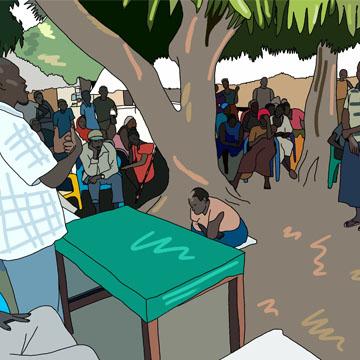
Foundational Justice in Conflict
Researcher: Dr Rachel Ibreck
This research explores a concept of foundational justice emergent in conflict settings in Africa. It argues for an analytical and policy shift, looking beyond time-bound transitional justice processes and institutions and towards linking and catalysing ‘small wins’ for justice at multiple levels.
It integrates lessons from grassroots legal activism and experiments in transitional justice, drawing upon empirical research for South Sudan’s Injustice System: Law and Activism on the Frontline at the Conflict Research Programme, and a collaborative action research for Justice Networks in Eastern Africa, a Goldsmiths Global Challenges Research Fund (GCRF) project.
Global Knowledge Struggles
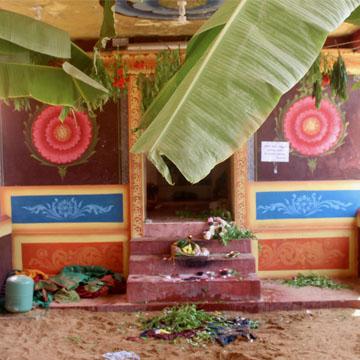
Building Critical Democratic Communities
Researcher: Dr Kiran Grewal
The ‘Building Critical Democratic Communities’ project, which began in 2018, is an ongoing collaborative project between Goldsmiths College, University of London, the Eastern University of Sri Lanka and the Law and Society Trust, Sri Lanka. It was initially funded by the British Academy for 3 years but due to the disruption caused by Covid-19 has been extended for a further year. The aims of the project are to explore how sites of ritual, traditional and folk performance may be operating as alternate spaces for social and political debate and how these sites might be further used to challenge existing exclusionary discourses of community and identity.
Summer School in Decolonial Thought (Batticaloa, Sri Lanka). As part of this project, Goldsmiths runs an annual Summer School in Decolonial Thought in August in Eastern Sri Lanka. For 2021 this programme will be run online – videos from this programme can be accessed here.
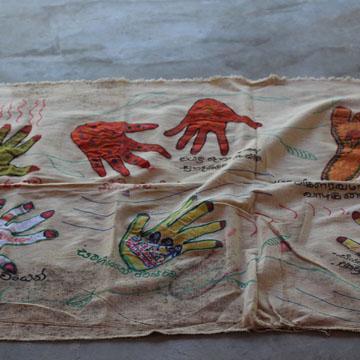
New Social Imaginaries Network
Researchers: Dr Kiran Grewal
Funded by the AHRC, this is a network of scholars, artists and activists interested in exploring the relationship between social and political imaginaries and practices.
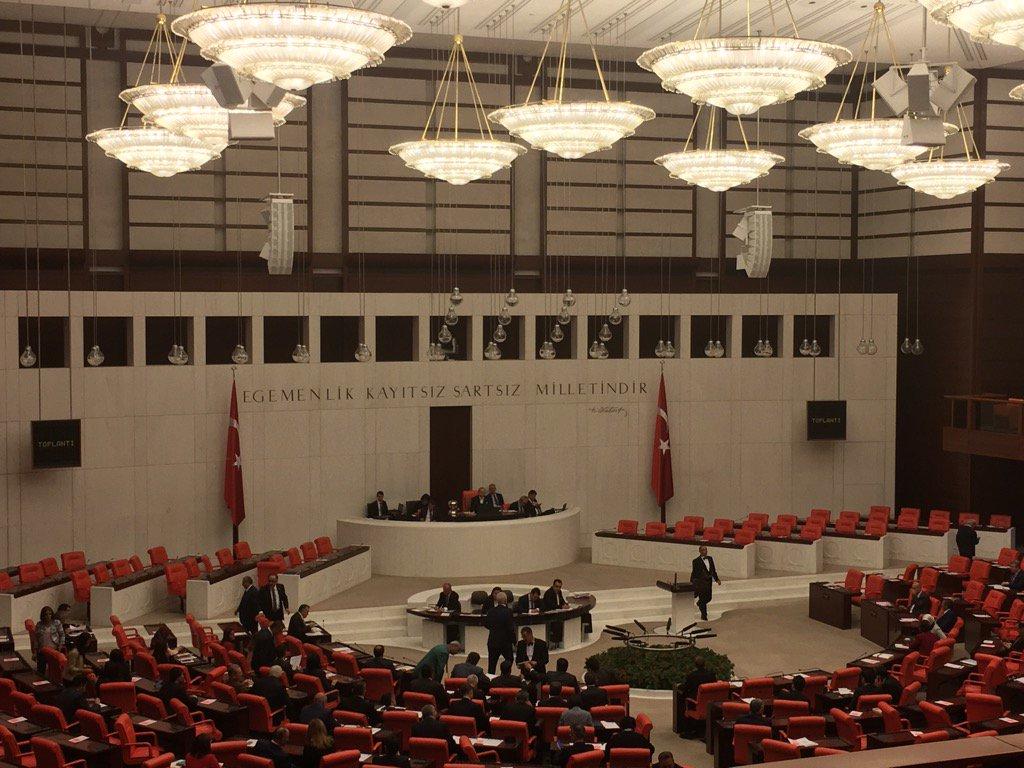
Official Archives of State Violence: Parliamentary Inquiry Commissions on State Violence in Turkey
Researcher: Dr Yesim Yildiz
Dr Yesim Yildiz has recently been awarded ESRC New Investigator Grant for her new research project titled 'Official Archives of State Violence: Parliamentary Inquiry Commissions on State Violence in Turkey'.
The project aims to analyse the forms and processes of knowledge production concerning state violence in parliamentary inquiry commissions established between 1993 and 2006, and how the knowledge produced contributed to or challenged the dominant truth regime in Turkey.
For more information contact y.yildiz (@gold.ac.uk).
Image credit: "File: Meeting of the Turkish parliament, May 4, 2016.jpg" by Mark Lowen is licensed under CC BY-SA 4.0
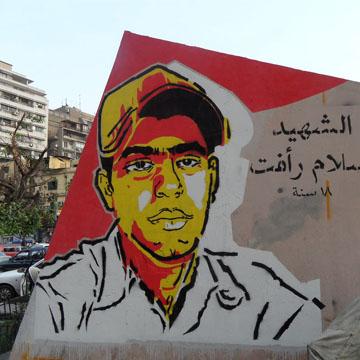
Social movements, neoliberalism and political change in Egypt and Iran
Researcher: Dr Tara Povey
Dr Tara Povey’s research utilises collaborative methods, drawing on an extensive network of activists and academics built up over a decade of conducting in-depth qualitative research.
Employing both ethnographic methodologies and archival research, it has the aim of ‘reading up’ from the diverse political positions and experiences of activists to the broader nexus of global power relations with which they intersect.
Drawing on post-colonial, decolonial and feminist approaches, her research project on the politics of activism, gender and neo-liberalism explores agency and resistance, in addition to critiques of international political and economic policies, international NGOs, human rights and women’s rights organisations.
For more information contact: T.Povey (@gold.ac.uk).
Image credit: "Egyptians will never give up the struggle for freedom and democracy." by alisdare1 is licensed under CC BY-SA 2.0
Global Processes, Movements & Flows

Uncertainty and Insecurity of Tenure: Developing Infrastructures of Care and Resistance in Islamabad, Pakistan
Researcher: Dr Sobia Ahmad Kaker
This action-research project is in collaboration with the Alliance for Urban Rights (AUR) in Islamabad, Pakistan. The project proposes to improve the welfare of working-class citizens who live in various katchi abadis (irregular settlements) across the capital city. At present, residents of these settlements live in inadequate conditions.
They are permanently at risk of eviction without being offered meaningful compensation or housing alternatives. Through our project activities, we hope to develop a strong counter narrative to the popular portrayal of katchi abadis as illegal, unsanitary, and criminal spaces. One that highlights these irregular settlements as ethical, sustainable and lively communities that house hardworking, responsible citizens of Islamabad.
Our project activities also aim to develop and strengthen existing networks of support, advocacy and care within and between katchi abadis, but also between katchi abadi residents and the wider urban community. Key outcomes of the project include the formal establishment of AUR, the construction of AUR’s website, and writing and dissemination of the ‘Right to Housing Toolkit.
The project is funded by the Goldsmiths Global Challenges Research Fund. It is expected to be completed by summer 2021.
Culture and Publics
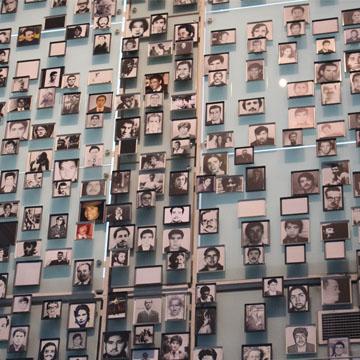
Documentality and Display: Archiving and Curating Violence in South America' British
Researcher: Professor Vikki Bell
Documentality & Display: Archiving and Curating the Violent Past is a research project focussed on three important archives in Latin America (Memoria Abierta in Argentina, FUNVISOL in Chile and the Centro national de memoria historica in Colombia).
The project seeks to tell the stories of how these archives emerged, to explain their methods of archiving state violence and armed conflict, and to understand how the archives have been and continue to be used today.
The project is funded by the British Academy and led by Professor Vikki Bell (Sociology, Goldsmiths, London).
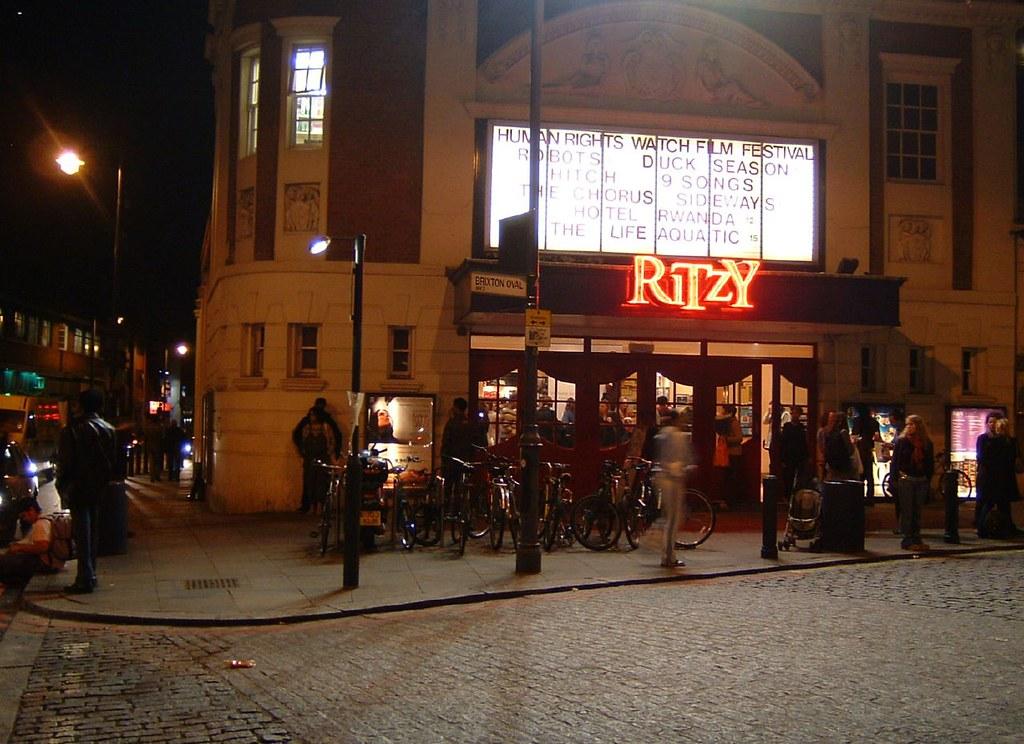
Film that brings human rights to life
Researcher: Professor Kate Nash
Professor Kate Nash is currently researching feature-length human rights films. As well as analysing representations in films shown in Human Rights Film Festivals, the research involves interviews with curators of festivals and directors of films and may involve some audience research too. The research is a continuation of Kate’s work on the entanglement of culture and politics.
In The Political Sociology of Human Rights (Cambridge University Press 2015) she considered how human rights are constructed and contested in structures and organisations scaled from the local through the national and international to the global. In The Cultural Politics of Human Rights: Comparing the US and UK (Cambridge University Press 2009), she focused on the cultural construction of human rights in the judiciary, government, NGOs and the media in the context of state transformation through networks of global governance.
In her current research, Kate is focussing representations of suffering and struggles for justice in human rights films, the social practices through which these representations circulate, and the actions they are intended to inform. Kate is beginning to publish articles from the research, including ‘Film that brings human rights to life’ in Public Culture in 2018.
For more information contact k.nash (@gold.ac.uk)
"Ritzy Cinema, Brixton" by bongo vongo is licensed under CC BY-SA 2.0
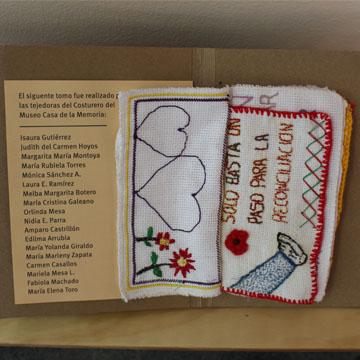
Political Technologies of Memory: Contemporary uses and appropriation of past human rights violations registry devices in Chile
Researcher: Professor Vikki Bell
Professor Vikki Bell is also one of the international members of the project “Political Technologies of Memory: Contemporary uses and appropriation of past human rights violations registry devices in Chile” (Conicyt-PIA SOC180005).
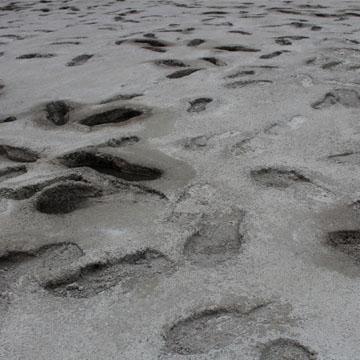
Political violence and human rights violations accountability: circumstances, uses and effects of forced disappearance registration. Lessons from a comparative perspective in the Americas
Researcher: Professor Vikki Bell.
Newton Prize Project on forced disappearance in Colombia, Mexico and Chile (2019-2020).
This project considered what can be learnt from the distinct ways of registering the crime and searching for justice takes place in relation to the crime of forced disappearance in contemporary Colombia and Mexico. An interdisciplinary team led by Dr Oriana Bernasconi (UAH) and Professor Vikki Bell (Goldsmiths, London) spoke to multiple organisations carrying out this difficult work.
The experience of Chile in the 1970s and 1990s was also studied as a further point of contrast. A report that gives the key recommendations arising from the project has been prepared and is available by request or from the website below.